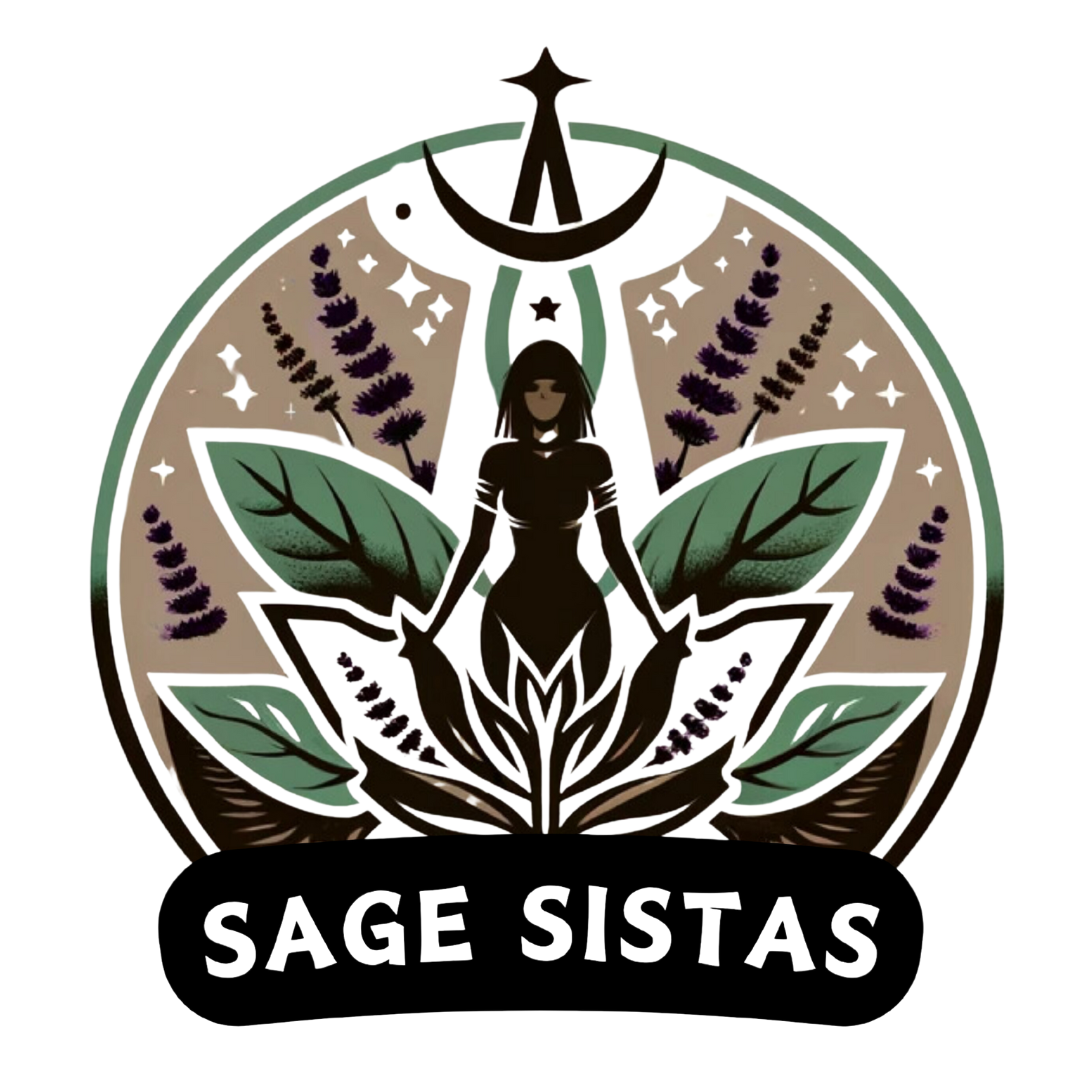12 Super Muslim Women Fighting For Islamic Feminism

Muslim women around the world face deep-rooted oppression, often shaped by both patriarchal societies and twisted interpretations of Islamic traditions.
These challenges include limited freedoms, restricted rights, and the constant pressure to conform to gendered expectations.
Despite these obstacles, many Muslim women are leading powerful movements for change.
These Muslim women take different paths to fight for gender justice.
Some are radical activists, challenging harmful traditions head-on.
Others are scholars, working to reinterpret religious texts to reclaim women's rights.
What they all share, however, is a bold, fearless commitment to breaking down oppressive systems, both in Muslim communities and beyond.
Table of Content
1. Nawal El Saadawi (Egypt, 1931–2021)
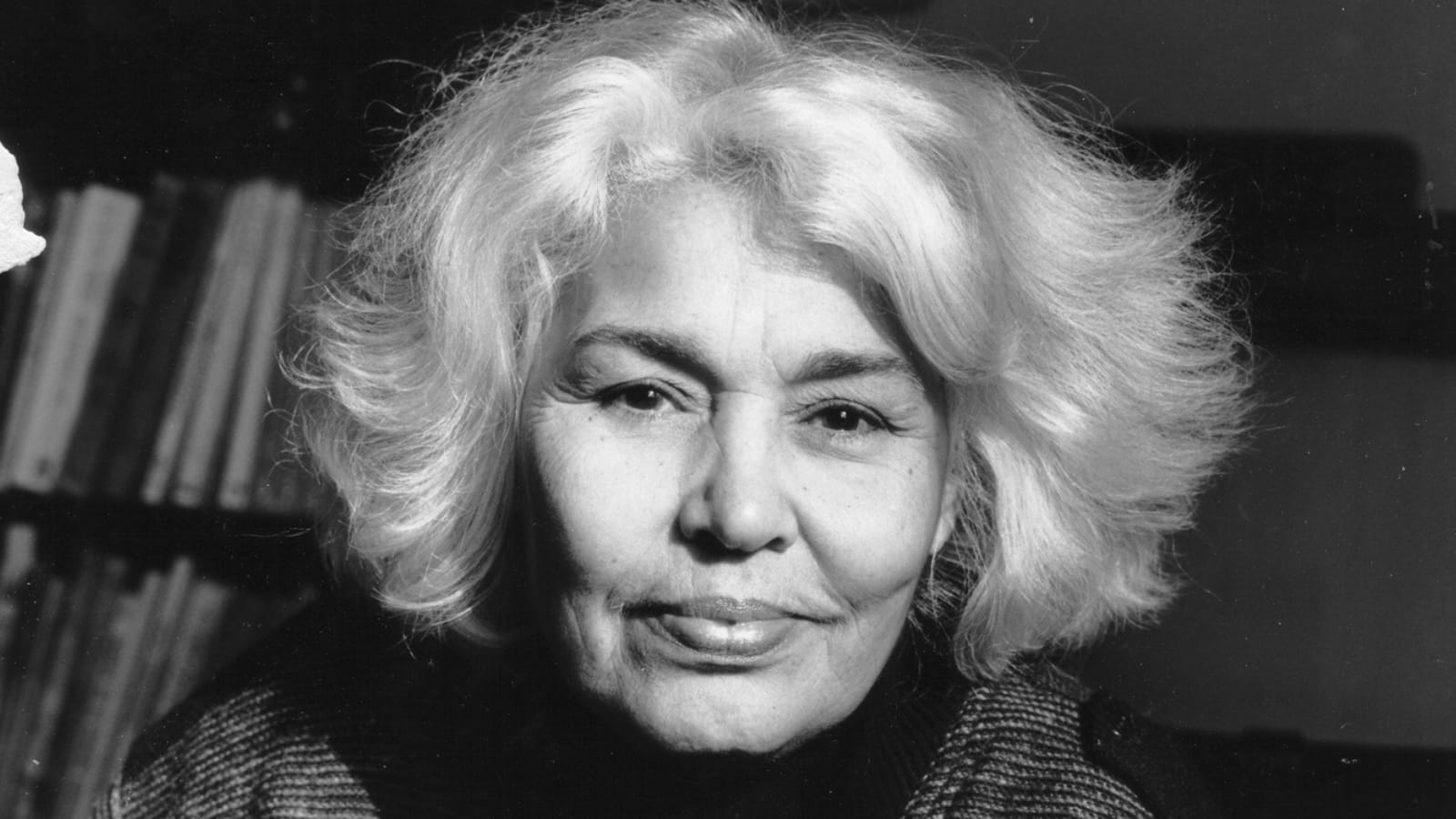
A radical feminist, physician, and writer, Nawal El Saadawi fearlessly exposed how religion was twisted to control women.
She spoke out against forced veiling, female genital mutilation (FGM), and male dominance over women’s bodies.
Her book “Women and Sex” (1972) was banned, and she was jailed in 1981 under Sadat’s regime.
Often called a heretic, she made it clear: her fight was not against Islam, but against how it had been distorted to serve patriarchy.
She survived multiple death threats and exile, yet never backed down.
“They said, ‘You are a savage and dangerous woman.’ I am speaking the truth. And the truth is savage and dangerous.”
- Nawal El Saadawi
2. Mona Eltahawy (Egypt/USA, b. 1967)
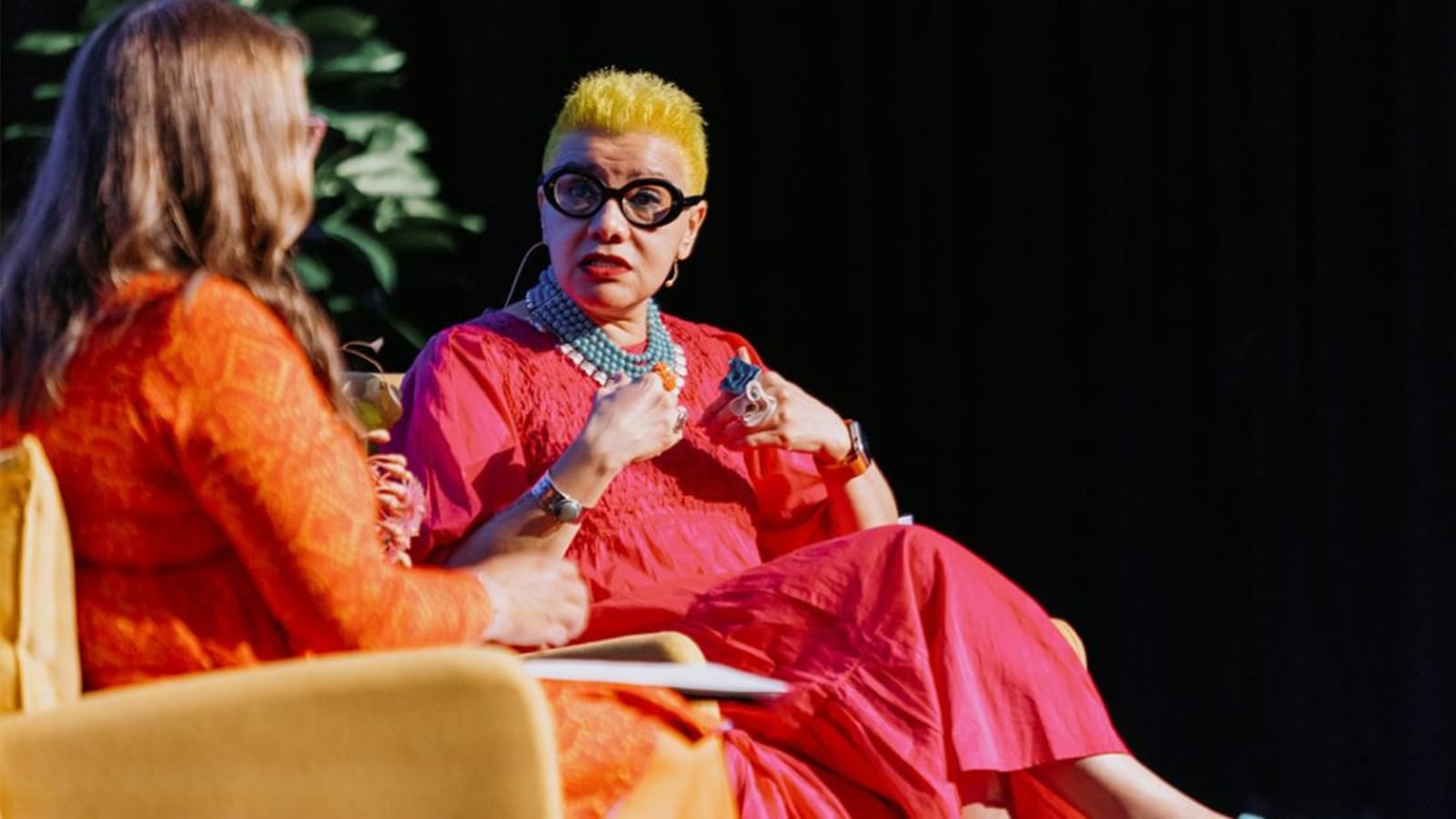
A fiery journalist and activist, Mona Eltahawy calls for nothing less than a "Muslim feminist revolution."
Her book “Headscarves and Hymens” challenges taboos around female sexuality in the Arab world.
She boldly rejects male guardianship systems, dress codes, and any law that restricts women’s freedom.
After being assaulted and detained by Egyptian police in 2011, she used the experience to amplify her global advocacy.
“We need to stop being polite. Politeness has gotten us nowhere.”
– Mona Eltahawy
3. Manal al-Sharif (Saudi Arabia, b. 1979)
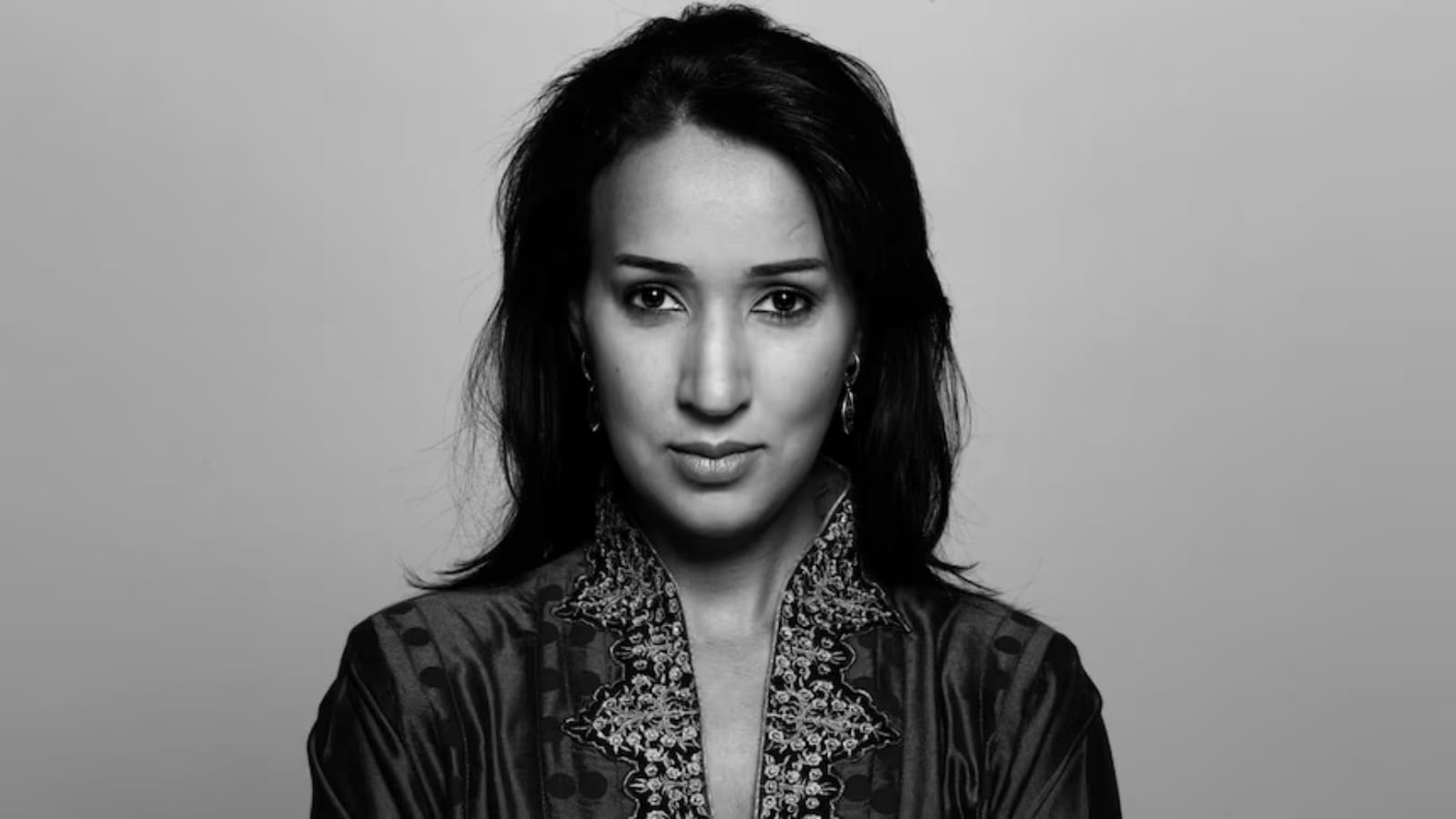
Manal al-Sharif made global headlines when she was arrested for... driving a car.
Saudi Arabia finally lifted the driving ban in 2018 (seven years after her arrest) a move many link to her pioneering efforts.
Her memoir, “Daring to Drive,” details her personal rebellion and the movement it sparked.
Her act of defiance sparked the Saudi women’s driving movement and turned her into a symbol of resistance.
She continues to campaign against the kingdom’s guardianship laws and gender apartheid, inspiring women across the Gulf.
“The rain begins with a single drop.”
– Manal al-Sharif
4. Amina Wadud (USA, b. 1952)
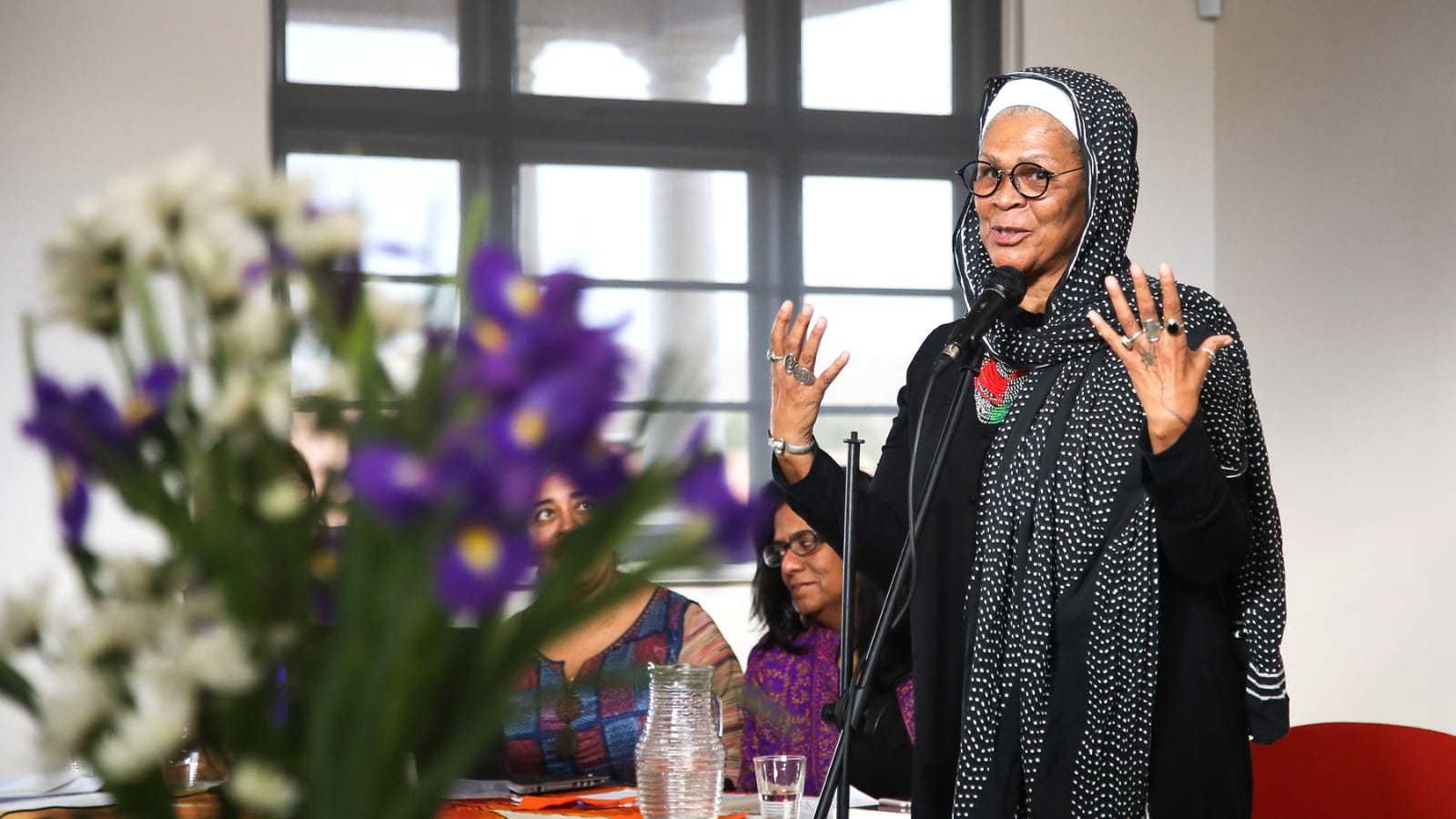
An Islamic scholar and former professor of Islamic studies, Amina Wadud made global headlines when she led a mixed-gender Friday prayer in New York in 2005, a move considered taboo by many.
She calls for a "gender jihad" - a spiritual and scholarly fight for justice in Muslim communities.
Despite facing criticism and threats, she continues to push for inclusive interpretations of Islamic texts.
“I see myself as someone who stands before God, not before men.”
– Amina Wadud
5. Seyran Ateş (Germany/Turkey, b. 1963)
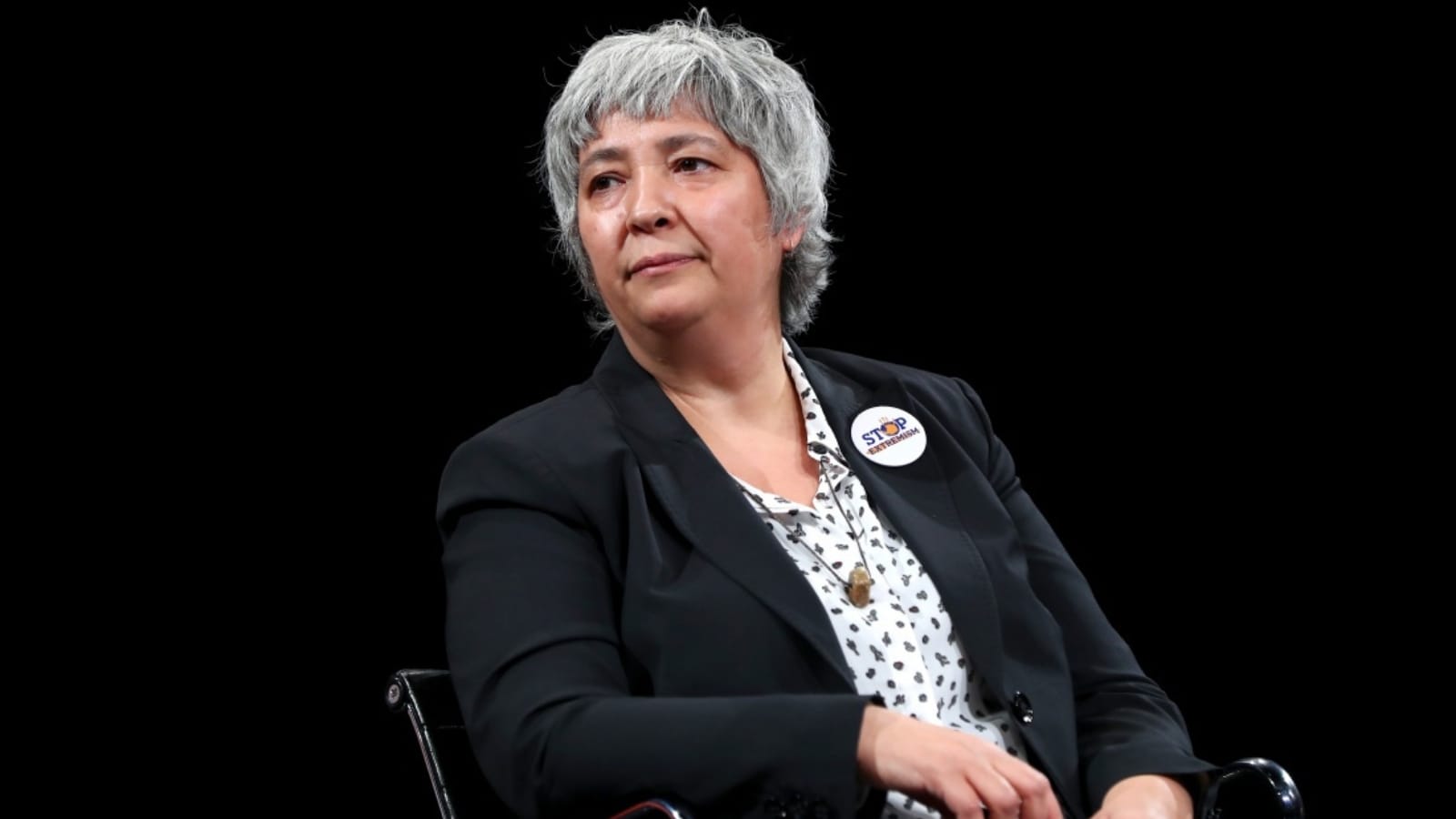
As a lawyer, feminist imam, and founder of a gender-equal mosque in Berlin, Seyran Ateş is breaking new ground.
Her book “Islam Needs a Sexual Revolution” argues that reclaiming bodily autonomy is key to Muslim women's liberation.
Her mosque allows women to lead prayers and welcomes LGBTQ+ Muslims, radical acts that have earned her constant threats.
She lives under constant police protection after multiple fatwas and assassination threats.
Still, she stands strong, determined to make faith inclusive and just.
"I fight for a modern Islam, an Islam that belongs to the 21st century."
– Seyran Ateş
6. Leila Ahmed (Egypt/USA, b. 1940)
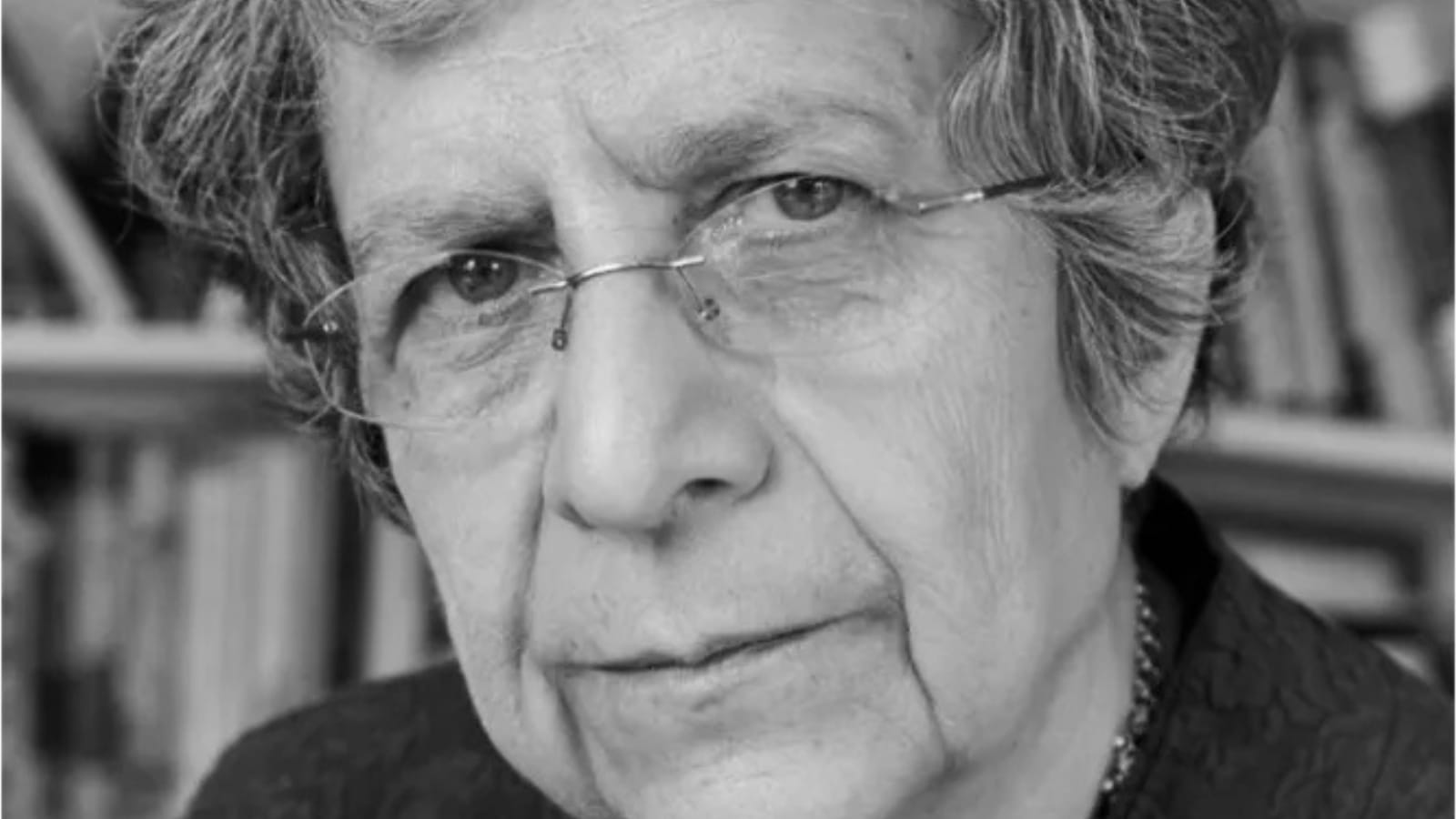
A trailblazing academic, Leila Ahmed examines how colonialism and patriarchy reshaped Islamic gender roles. Her work reframes how veiling, women’s rights, and Islamic identity are understood.
In 1999, she became Harvard Divinity School’s first professor of women’s studies in religion.
She argues that early Islam was remarkably egalitarian toward women, but its spirit was lost over time.
"The veil has become a site of political struggle of resistance, identity, and autonomy."
– Leila Ahmed
7. Asma Barlas (Pakistan/USA, b. 1950s)
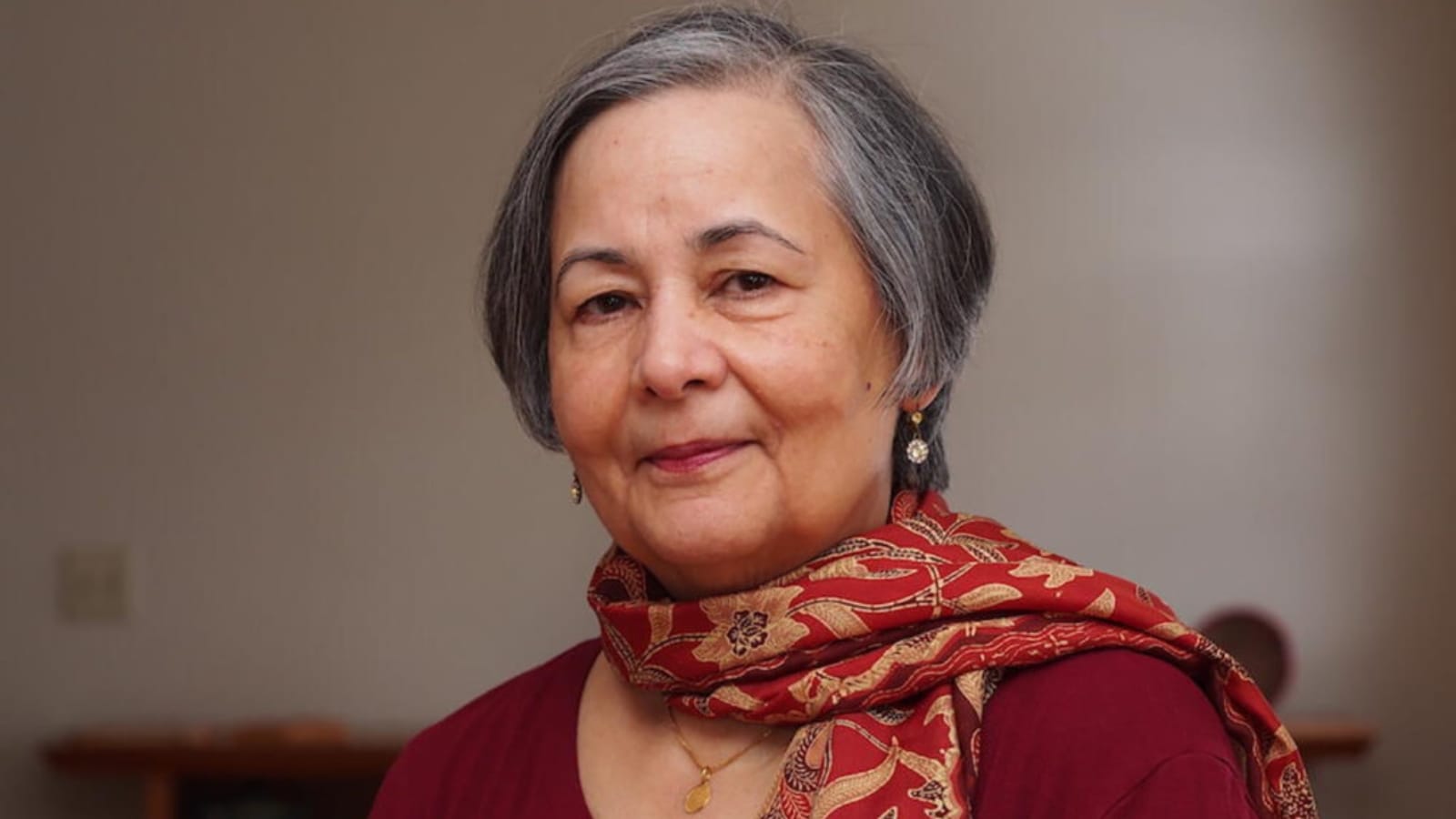
Asma Barlas is a political scientist and religious scholar who powerfully challenges the claim that Islam is inherently patriarchal.
She argues that it is not the Qur’an that oppresses women, but centuries of male-dominated interpretations that distort its message.
She advocates for Muslim women to engage directly with the holy text, without relying on male intermediaries, and to uncover its deeper, justice-oriented teachings.
In her influential book "Believing Women in Islam", Barlas makes the case that the Qur’an is intrinsically egalitarian.
"If God is just, His book must also be just."
– Asma Barlas
8. Ziba Mir-Hosseini (Iran/UK, b. 1952)
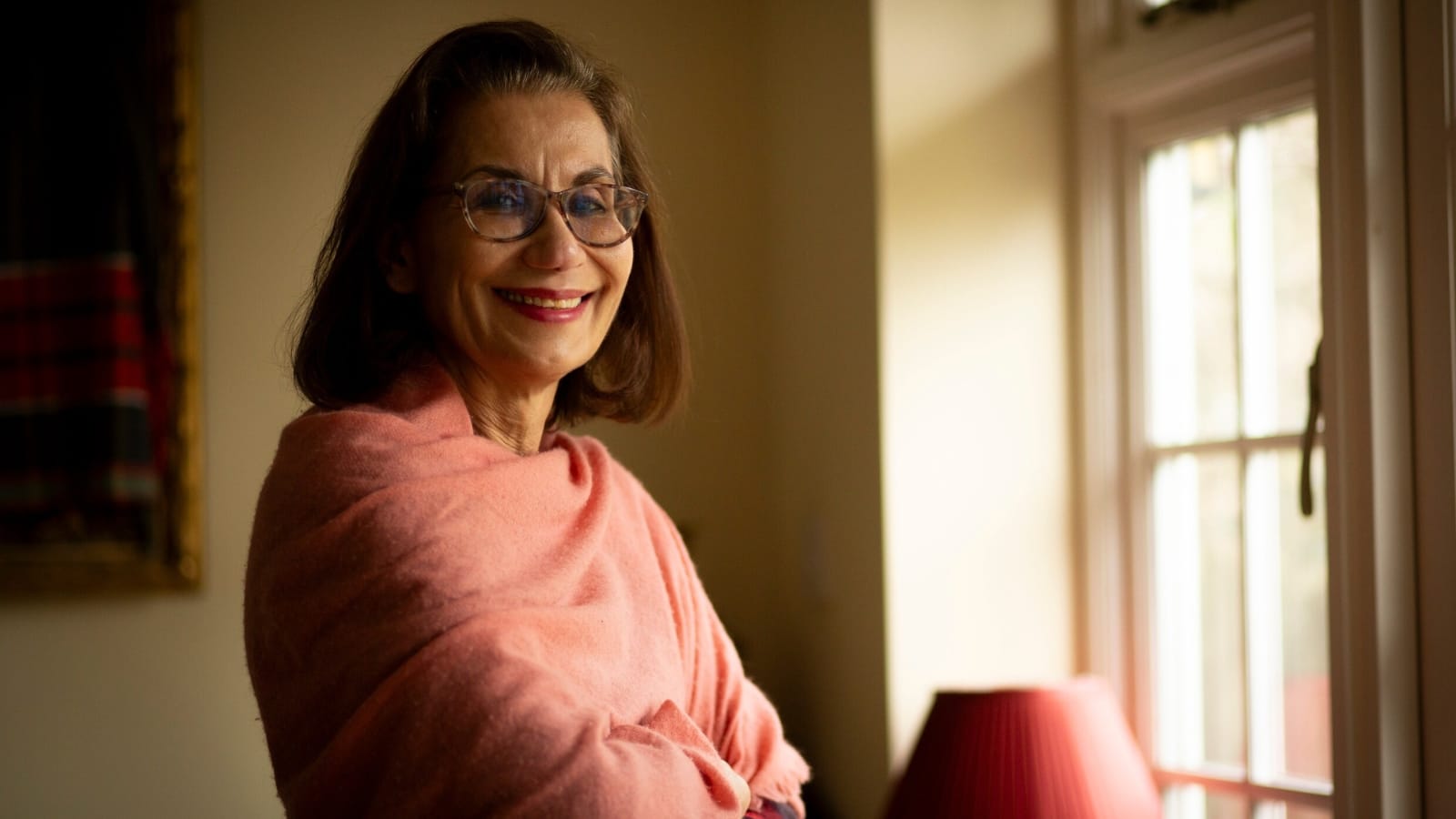
A legal anthropologist and leading voice in Islamic feminism, Ziba Mir-Hosseini focuses on family law, gender justice, and human rights within Muslim contexts.
She calls for feminist ijtihad, the rethinking of Islamic law through critical and compassionate scholarship.
Her documentary “Divorce Iranian Style” exposed gender biases in Iran’s legal system.
"We need to distinguish between Islam as a faith and patriarchal interpretations of Islamic law."
– Ziba Mir-Hosseini
9. Shirin Ebadi (Iran, b. 1947)
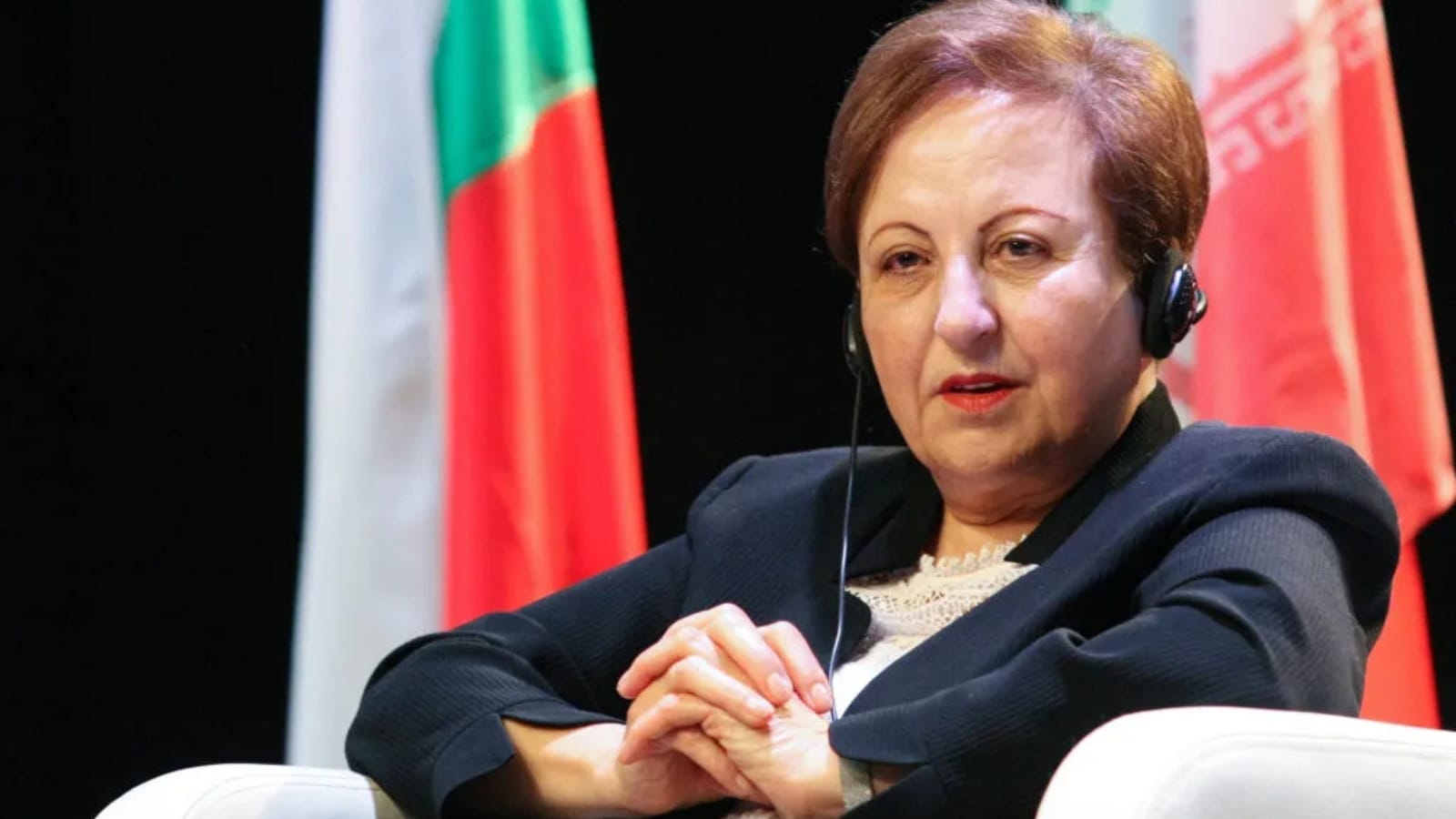
Shirin Ebadi made history as the first Muslim woman to receive the Nobel Peace Prize in 2003.
After the 1979 Islamic Revolution, she was stripped of her judgeship for being a woman but refused to stay silent.
A former judge turned human rights lawyer, she became a voice for the voiceless in Iran defending women, political dissidents, and religious minorities under an oppressive regime.
"Human rights is a universal standard. It is a component of every religion and every civilization."
– Shirin Ebadi
10. Zainah Anwar (Malaysia, b. 1954)
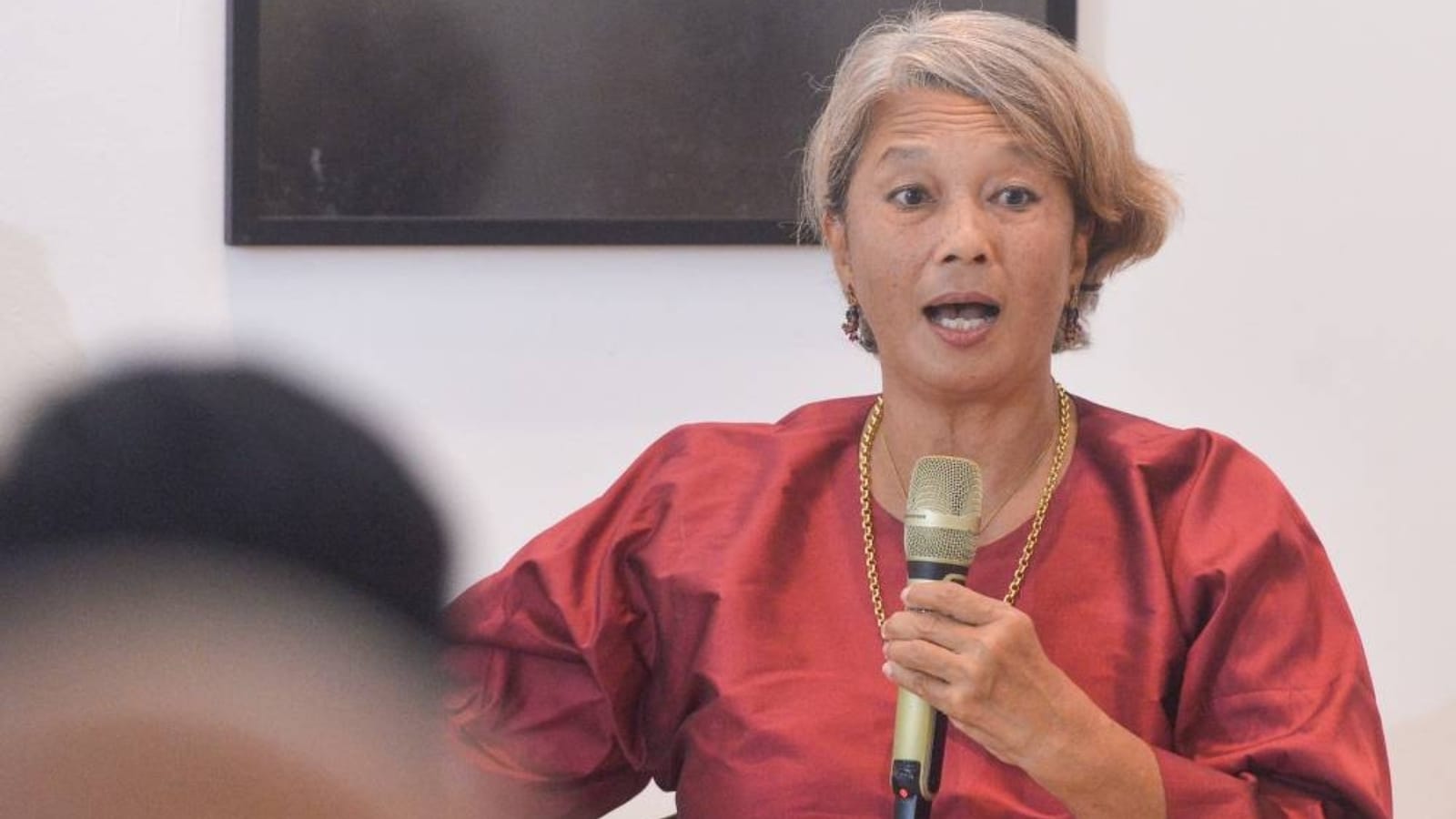
Zainah Anwar is a Malaysian lawyer, activist, and co-founder of Sisters in Islam, a groundbreaking organization that challenges sexist interpretations of Islamic law in Malaysia and beyond.
Anwar advocates for a progressive, rights-based understanding of women in Islam, one that recognizes women as equal moral and legal agents.
Through her activism, she has helped bring Islamic feminism into mainstream public discourse in Southeast Asia and inspired similar movements across the Muslim world.
"There is no justice in Islam without equality."
– Zainah Anwar
11. Sherin Khankan (Denmark, b. 1974)
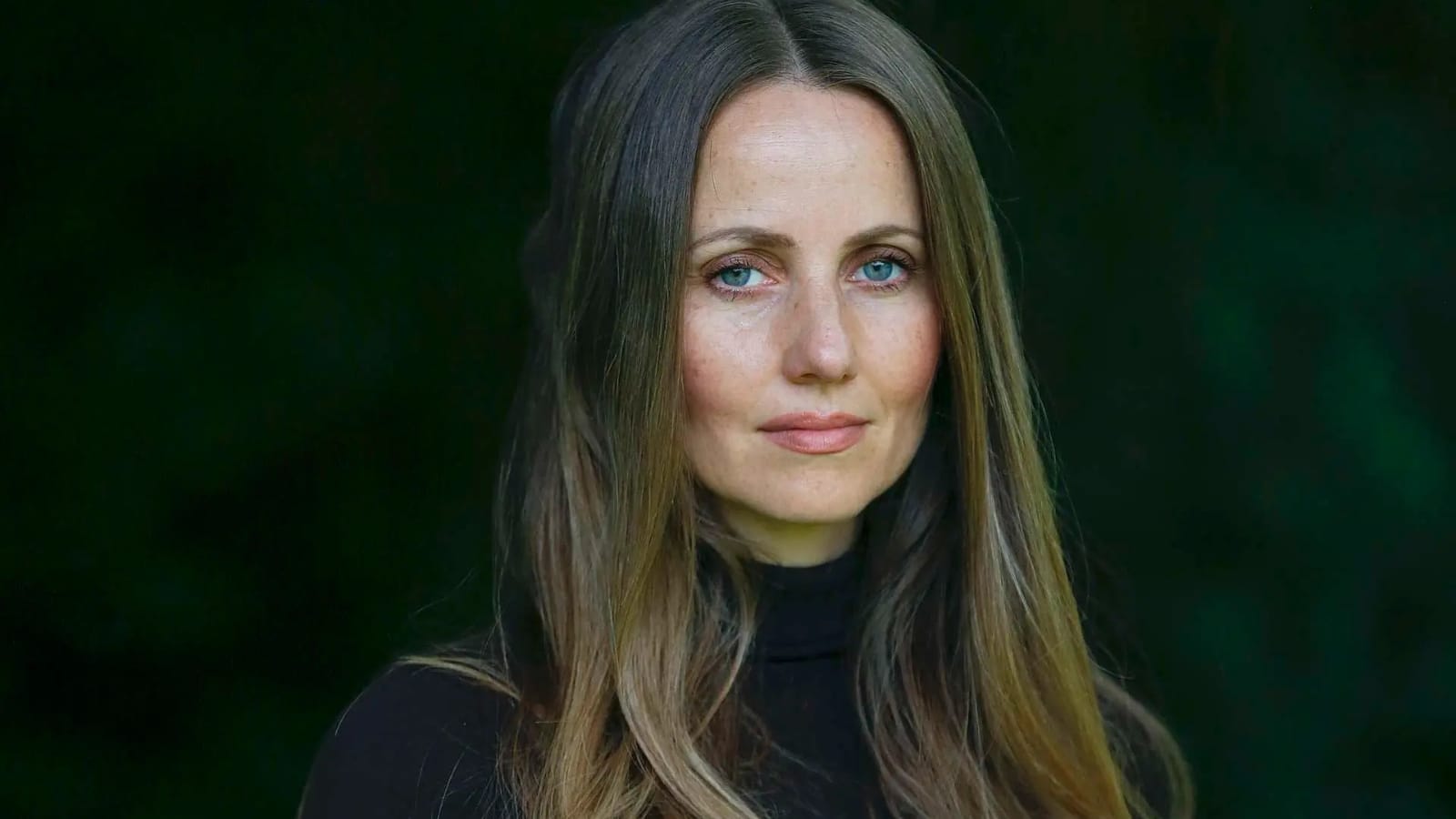
Sherin Khankan is Denmark’s first female imam and the founder of Mariam Mosque in Copenhagen, one of the first mosques in Europe led by women.
She performs Islamic marriages without requiring a male guardian and offers religious divorces to women, giving them freedom that’s often denied in traditional structures.
Khankan’s work blends spiritual leadership and social justice, creating space for Muslim women to reclaim authority in religious spaces.
"We are writing history. We are changing the narrative of what it means to be a Muslim woman."
– Sherin Khankan
12. Malala Yousafzai (Pakistan, b. 1997)
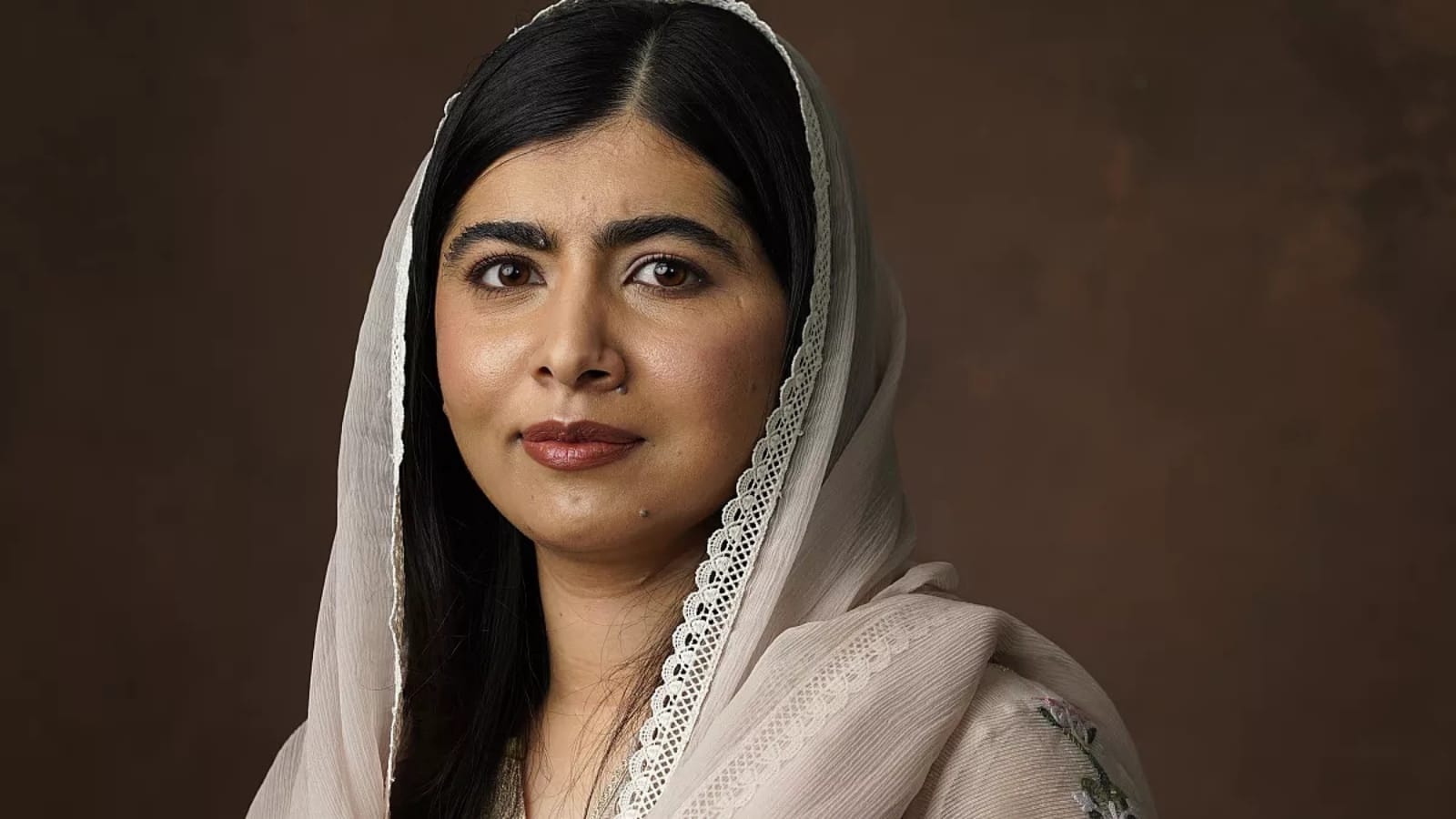
At just 15, Malala was shot in the head by the Taliban for daring to go to school and speaking out for girls’ education.
Miraculously, she survived, and the world listened.
After recovering, Malala became the youngest Nobel Peace Prize laureate, launching the Malala Fund to fight for girls' access to education worldwide.
Her advocacy is not just about schools, it’s a direct challenge to extremist misinterpretations of Islam that seek to control and silence women.
“One child, one teacher, one book, and one pen can change the world.”
- Malala Yousafzai
Final Thoughts
The Muslim women in this post are more than activists, scholars, or survivors, they are architects of change, daring to confront deeply rooted systems of oppression both within their societies and interpretations of their faith.
Their fight for gender justice is not just about breaking barriers, it’s about reclaiming dignity, voice, and agency for Muslim women everywhere.
Their stories remind us that Islamic feminism is not a contradiction, it’s a movement grounded in faith, justice, and human rights.
How you can support Islamic feminism:
- Read and share their work.
Start with "Believing Women in Islam" by Asma Barlas or "Women and Gender in Islam" by Leila Ahmed. - Challenge stereotypes.
Speak out against Islamophobia and also against patriarchal narratives that silence Muslim women. - Donate.
Donate to causes that support women's education, legal rights, and protection from gender-based violence in Muslim communities. - Listen and talk to other Muslim women.
Whether they’re reformers, rebels, or quiet changemakers, centering their voices is key to solidarity.
Islamic feminism is not just about theology, it’s about transforming lives.
And that change needs all of us.
